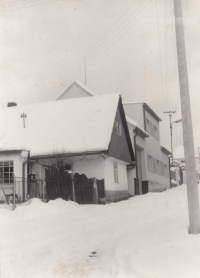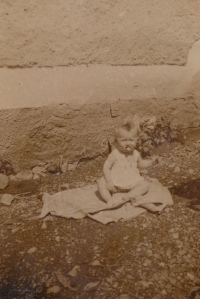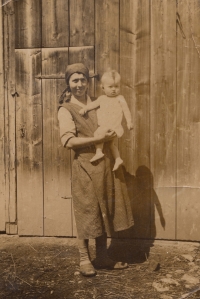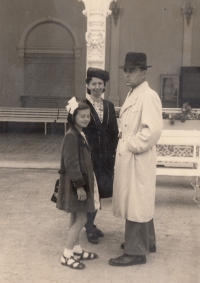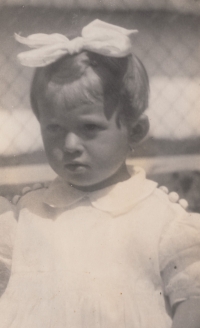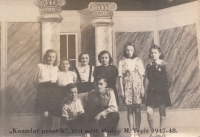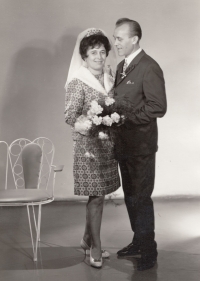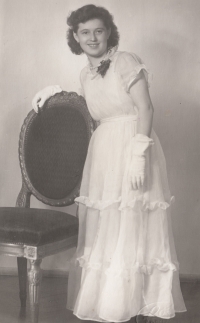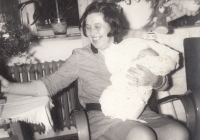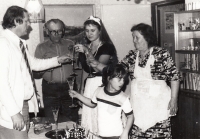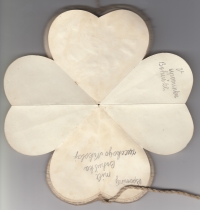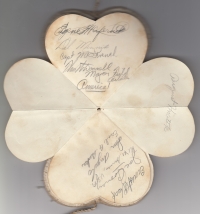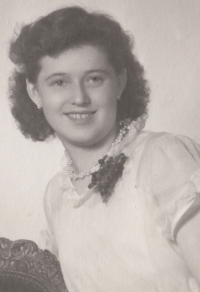Nobody gets me on my knees. I will not be pleading

Stáhnout obrázek
Bohumila Jindrová, married Kalašová, was born on 13 September 1935 in the village of Hořehledy near Spálené Poříčí. In 1943 she was treated with diphtheria in the Pilsen hospital and witnessed the bombing of Pilsen. The family was hiding officers of the German headquarters in the cottage at the end of the war. Then American soldiers used to go there and finally there a Soviet commander was housed. Hořehledy were located directly on the demarcation line separating the operational areas of Soviet and American liberators. After the war she moved with her parents to Teplá near Mariánské Lázně, where her father was elected the first postwar mayor. Here also watched the removal of the Germans. When her father died as a result of an accident and neglected medical care before Christmas 1947, Bohumila returned to Hořeledy with her mother and sister, who was born in the same year, where they lost their fields due to collectivization. So they moved to Pilsen, where Bohumil graduated from a construction school. She joined Agroprojekt and went to the displaced Sudetenland to target villages. Then she worked in the Metallurgical Project Pilsen. In 1968 she married Milos Jindra, a former political prisoner in the 1950s. Their daughter Markéta was born a year later. In 1989, Milos Jindra was rehabilitated and a year later he became a member of the Confederation of Political Prisoners (CPP) and Secretary of the Pilsen branch. Later he held the position of chairman until his death in 1999. Bohumila remains a member of CPP and a treasurer of the Pilsen branch.
